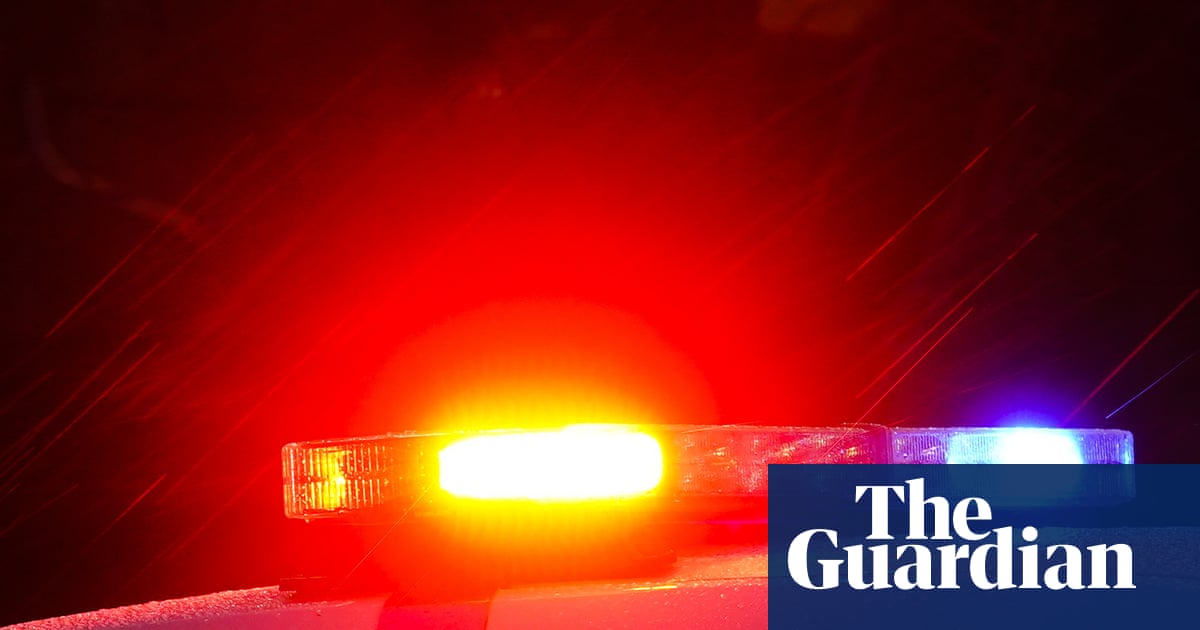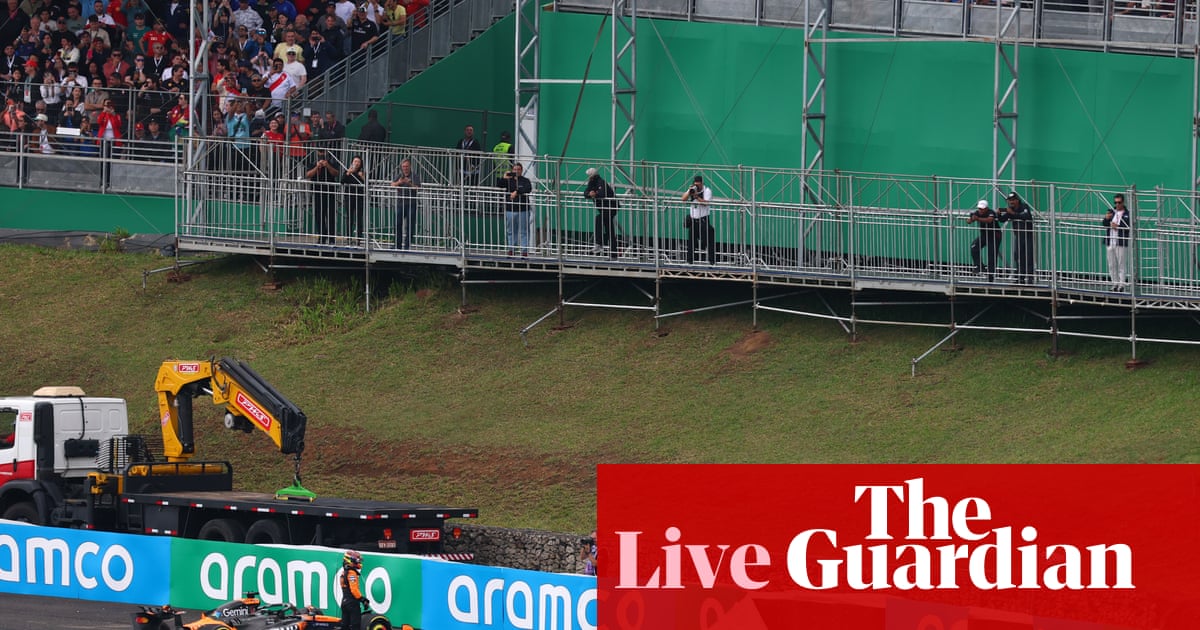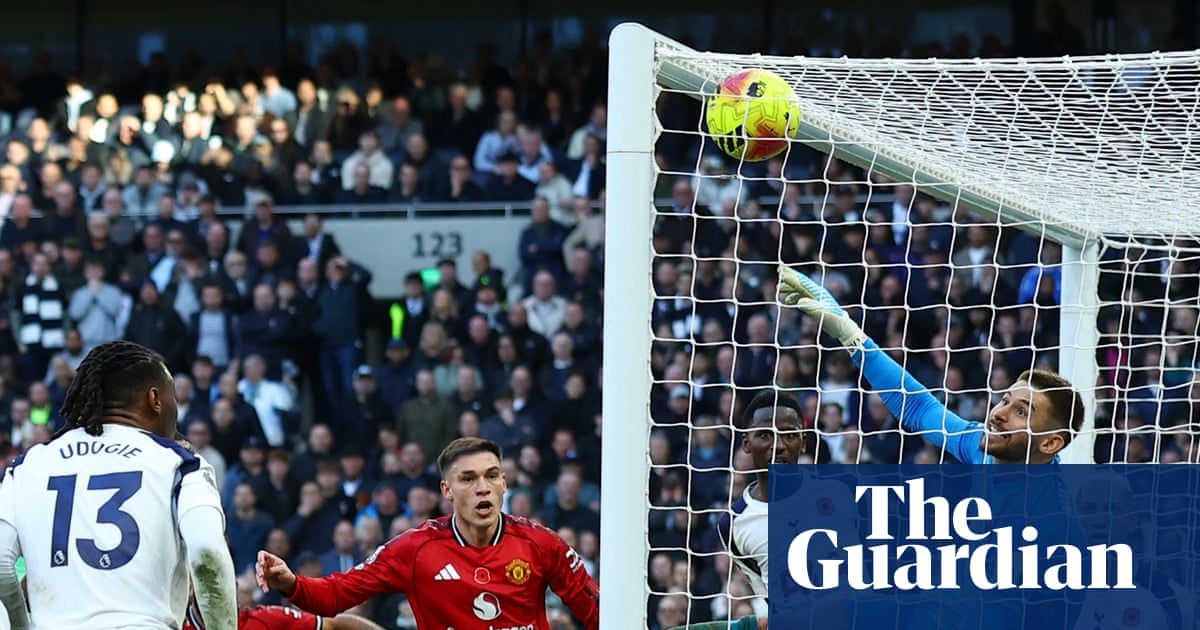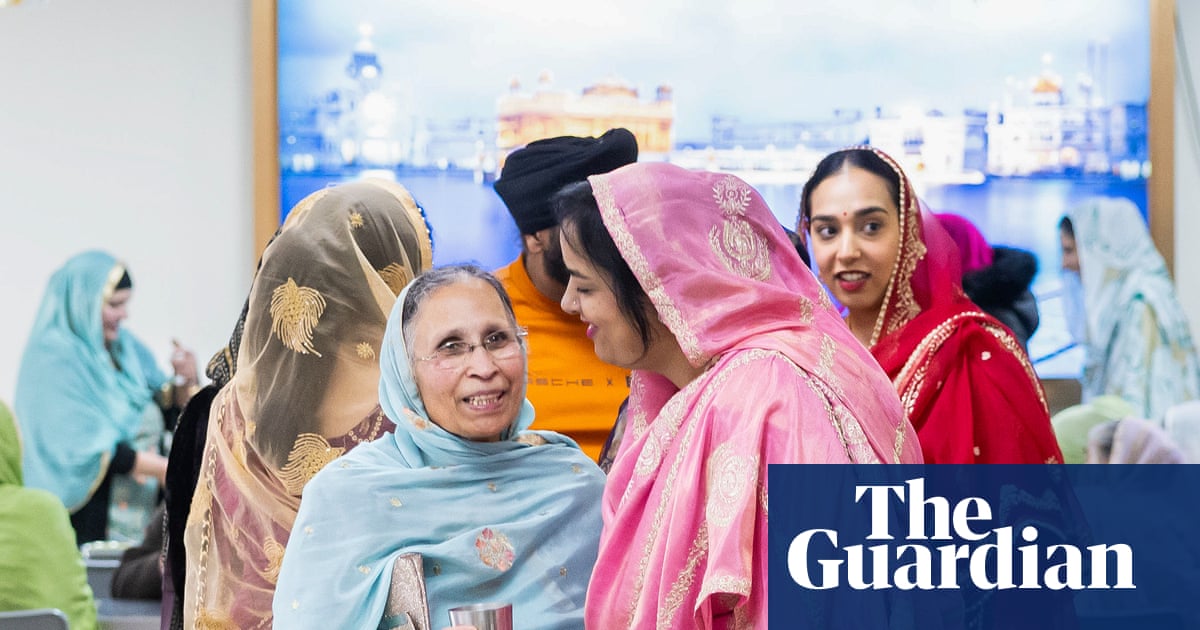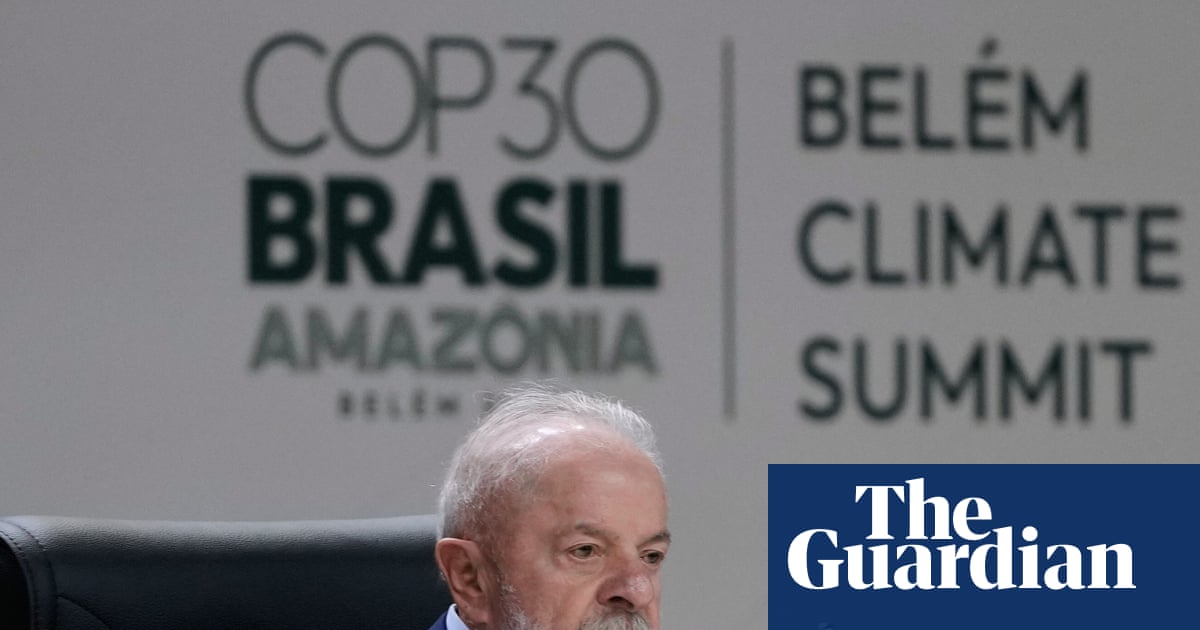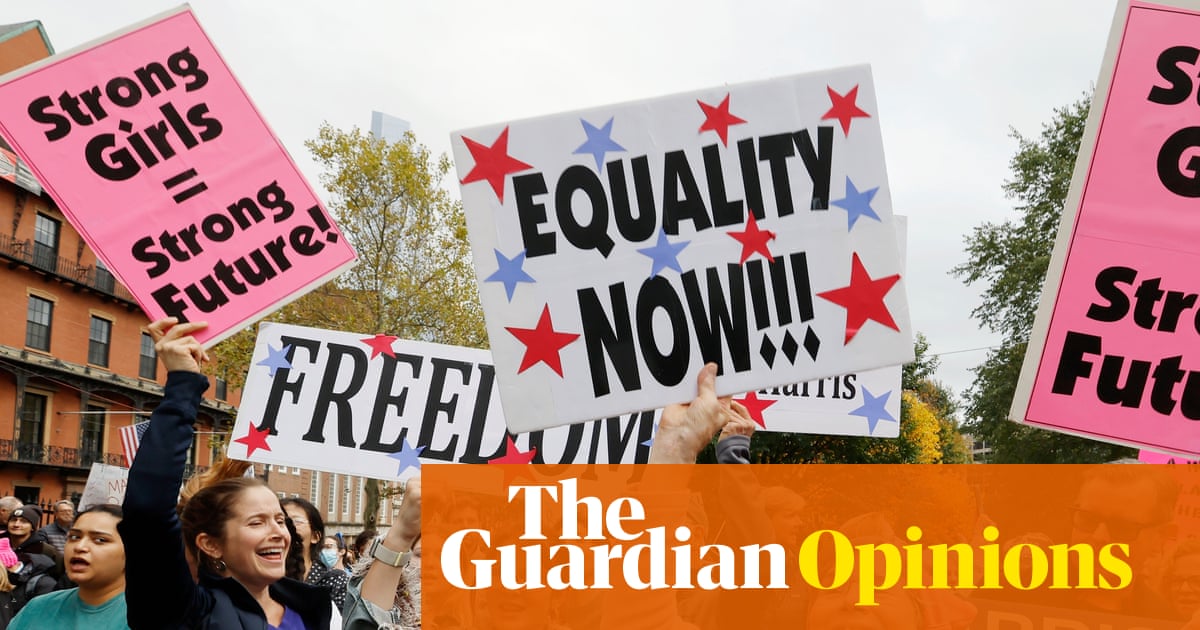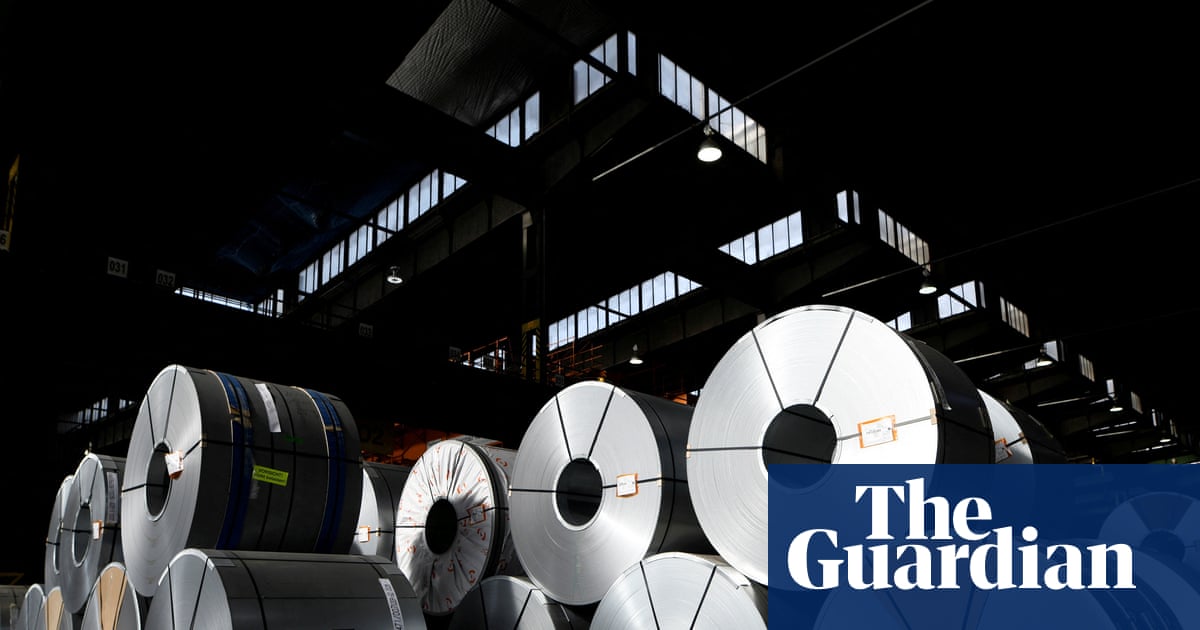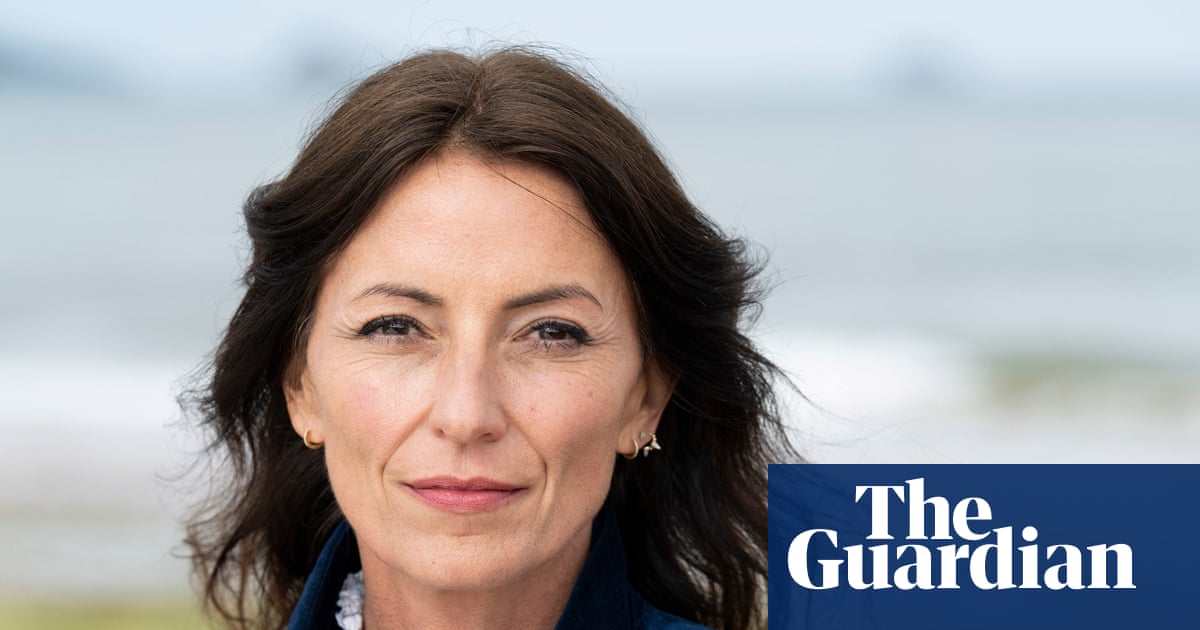It has been ubiquitous in middle class British bathrooms since a flush of growth during the Covid pandemic. Now Who Gives a Crap is aiming to wipe out the Andrex puppy, Cushelle’s koala and Little Duck’s little duck with a more ethical version of toilet roll.
Its product, made from recycled paper or bamboo and wrapped in colourful paper, has risen rapidly to become the UK’s third biggest non-supermarket brand. Now, the company – which claims to be the first ever online specialist loo roll maker – is aiming for “world domination” with a rollout into Tesco supermarkets, and beyond.
The Australian brand gives 50% of its profits to clean water and sanitation projects, and raising money for good causes is a key part of the company’s purpose, according to its co-founder, Simon Griffiths.
After experiments with a “click to give” donations website and then a bar that sold beer and wine from developing countries, he settled on the idea of linking philanthropy to an everyday product that could reach every household.
Griffiths says a trip to the loo inspired a “quarter-second epiphany” on what that product could be, alongside the company’s risque name and its mission to raise funds to provide access to clean water and sanitation in developing countries via partners including WaterAid.
From the beginning, the company promised to donate half its profits to sanitation projects and as sales around the world have rapidly grown, it has raised close to £10m so far for projects such as eco-friendly waterless toilets in Kenya and school toilet blocks in Timor-Leste.
Sales at its UK arm rose 17% to £45.5m in 2024 when operating profits more than doubled to £2.8m, according to the most recent figures available at Companies House. The company does not reveal international profits, but it donated £2.43m to sanitation projects last year, suggesting they have hit almost £5m.
The brand is aiming to more than double donations to A$50m (£24m) by 2028 and within a decade collect “hundreds of millions” of donations by adding new products and new countries.
“The reason why we exist is because there’s still 2 billion people without access to adequate sanitation today, globally,” Griffiths says.
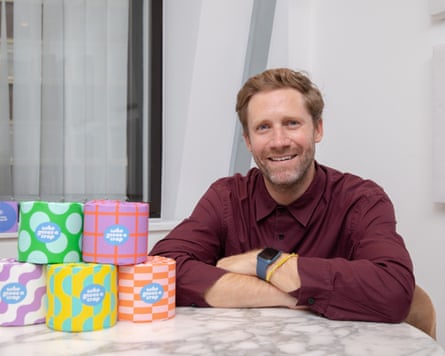
“If you’re going to solve that problem that affects billions of people, you need to eventually be everywhere. That’s not something we plan to do in the next 12 months. In 30 years’ time, I think we will want to be in every supermarket in the UK.”
The brand, which began online, is already in more than half of Australian supermarkets and went on to Tesco shelves earlier this month in the UK after launching in Whole Foods Market and Waitrose in 2023 .
However, further expansion may be tough during a cost of living squeeze and the imposition of US tariffs on Chinese-made goods which is pushing up prices in what is now its biggest market – just ahead of the UK.
Even in the UK, the ethical stance comes at a price for shoppers, with its 100% recycled rolls priced at 39p for 100 sheets for a six-pack at Tesco – on a par with Cushelle’s six-pack but a considerable mark-up on the 16p for the supermarket’s recycled own-brand and ahead of the 32p for 100 sheets for Andrex’s “family soft” nine-roll pack.
He cheerfully admits that its success so far is down partly to the colourful paper wraps on its loo rolls, which people like to show off in their bathrooms, as much as its environmental and ethical considerations.
after newsletter promotion
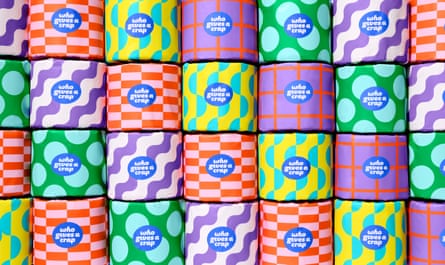
From the outset the plan was to provide a stylish and ethical counterpoint to “this sea of white and purple and different colours and pictures of puppies and pillows and feathers and things that were entirely unrelated to toilet paper” on supermarket shelves, Griffiths says.
He has said the company might be only a fifth of the size it is today if it wasn’t for the wrapping.
Having started with 100% recycled loo roll made using waste – such as old letters and cardboard boxes – it now also sells a version made from bamboo. Other products include recycled tissues and, perhaps more controversially, recycled plastic bin bags and dog poo bags.
The group is also expanding geographically including entering Canada this year – taking it to 37 countries in total.
It is a long way from the toilet seat where Griffiths sat for 50 hours as part of a 2012 crowdfunding campaign that raised A$50,000 to back the first order and where it also signed up the brand’s first 1,000 customers.
Expansion today is underpinned by A$41.5m in 2021 from investors including Verlinvest, the Belgian investment company behind the oat milk Oatly and the fair trade chocolate brand Tony’s Chocolonely.
So far, a rising number of shoppers seem persuaded that the product is worth paying more for than bog-standard rivals and Griffiths insists it is more than a passing fad with every decision based on “trying to do the right thing”.
“We’ve been around now for about 12 years in Australia. I don’t think there’s a risk of us kind of going out of fashion in the same way that you might see with clothing,” he says.

 3 months ago
58
3 months ago
58


